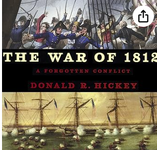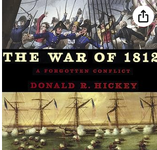- Sep 19, 2024
- LitBits
- 0
what I'm reading:
- Gotham: A History of New York City to 1898 by Wallace & Burrows (2001)
- Memory, 3rd edition by Baddeley, Eysenck & Anderson (2020)
- Into the Woods - How stories work and why we tell them by John Yorke (2013)
Gotham and Memory are tomes that I can put my car on when I'm exchanging tires, whereas Into the Woods is a bit more accessible as paperback.
- Gotham: A History of New York City to 1898 by Wallace & Burrows (2001)
- Memory, 3rd edition by Baddeley, Eysenck & Anderson (2020)
- Into the Woods - How stories work and why we tell them by John Yorke (2013)
Gotham and Memory are tomes that I can put my car on when I'm exchanging tires, whereas Into the Woods is a bit more accessible as paperback.


